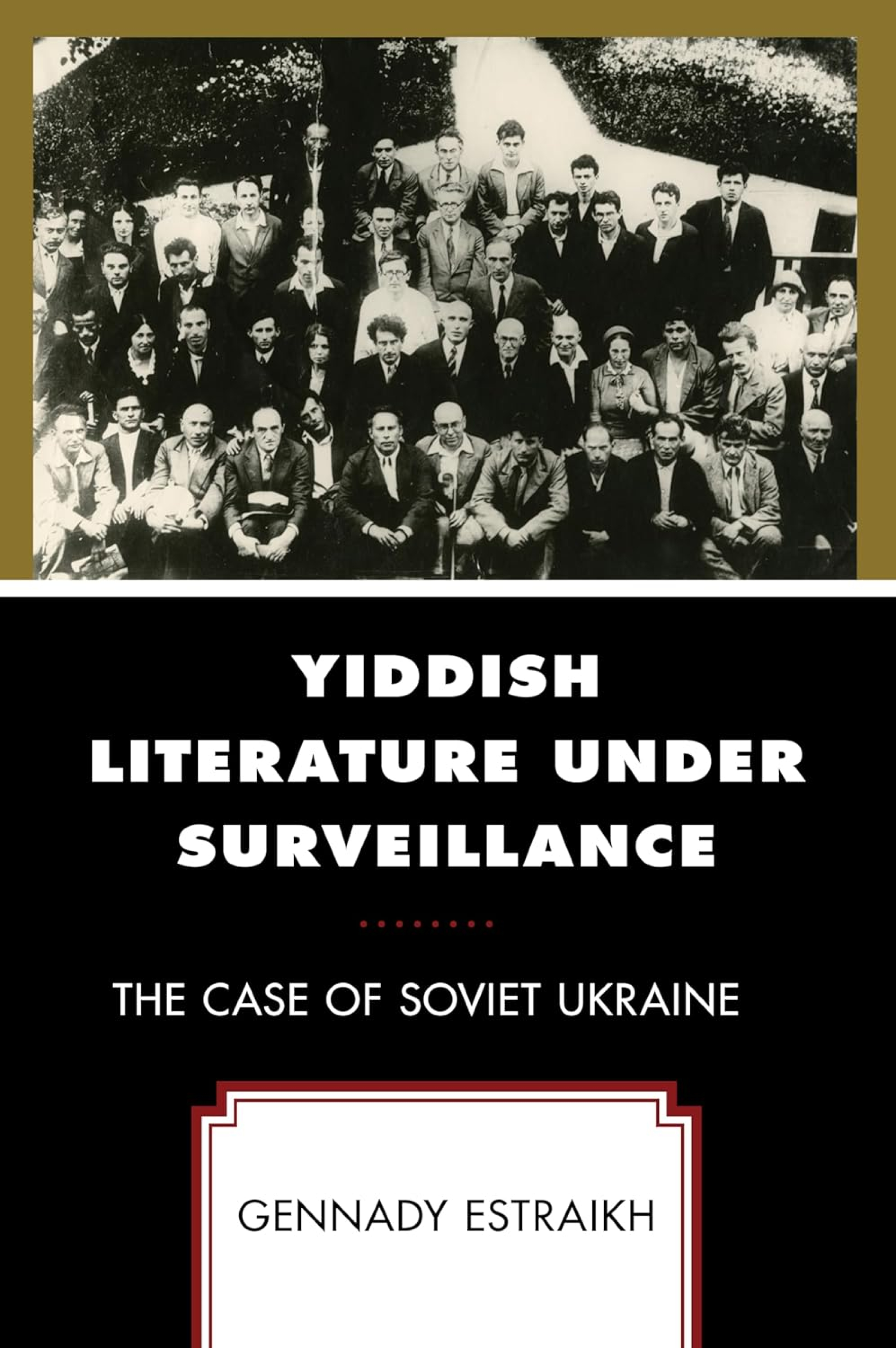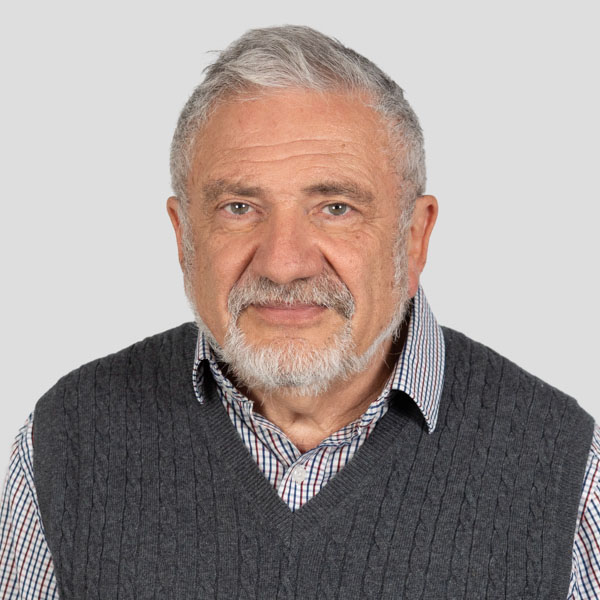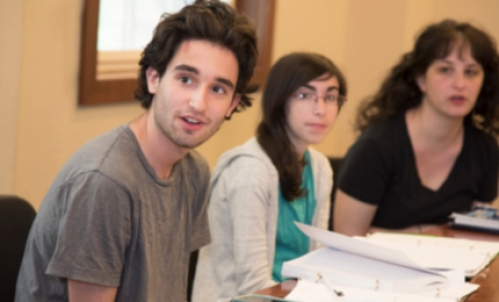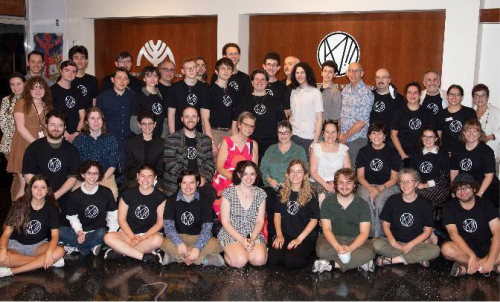Yiddish Literature Under Surveillance in Soviet Ukraine

|
Book Talk
Admission: Free |
Yiddish Literature Under Surveillance: The Case of Soviet Ukraine gives a broad view on Soviet Jewish literary life, and on the repression suffered by Yiddish writers under Stalinist rule. It moves from the paradigm of writing almost exclusively about the most prominent authors, whose execution in Moscow on August 12, 1952 is tragically known as "The Night of Murdered Poets." Instead, the narrative is built as a group biography of five writers whose literary home was in Kyiv, the capital of Soviet Ukraine from 1934 to 1991. Those authors are as follows: Avrom Abchuk (arrested and executed in 1937), Chaim Gildin (arrested in 1940; died in a camp in 1943), Itsik Kipnis (arrested in 1949; released in 1955), Rive Balyasne (arrested in 1952; released in 1955), and Hirsh Bloshteyn, an enthusiastic agent of the secret police. In addition, this book is populated by other Yiddish, Ukrainian, and Russian literati. Kyiv was the primary fountainhead for Yiddish literary creativity in the early postrevolutionary period for seven decades and remained a leading Soviet Yiddish literary center, second in importance only to Moscow. Author Gennady Estraikh pays special attention to the victims’ rehabilitation, posthumous or otherwise, in the mid-1950s and onwards.
Join YIVO for a discussion with Estraikh about this book, led by Mikhail Krutikov.
This program is supported, in part, by public funds from the New York City Department of Cultural Affairs, in partnership with the City Council.

About the Speakers

Gennady Estraikh is an emeritus professor of Hebrew and Judaic studies at New York University. From 1988 to 1991, he worked as Managing Editor of Sovetish Heymland, and later settled in England, studying for a doctoral degree at the University of Oxford and then working at the Oxford Institute for Yiddish Studies and, in London, at the School of Oriental and African Studies. In 2003 he began working at New York University's Skirball Department of Hebrew and Judaic Studies. His most recent books are: Jews in the Soviet Union. A History: After Stalin, 1953-1967 (2022); The History of Birobidzhan: Building a Soviet Jewish Homeland in Siberia (2023); and Yiddish Literature Under Surveillance: The Case of Soviet Ukraine (2024).

Mikhail Krutikov holds a joint appointment in both the Slavic Department and the Frankel Center for Judaic Studies at University of Michigan. His book, Der Nister's Soviet Years: Yiddish Writer as Witness to the People, was published by Indiana University Press in 2019, and his other research projects explore literary representations of the urban spaces of Kiev, Vilnius, and New York in Jewish writing in Yiddish, Russian, and English. He is a series editor of "Jews in Eastern Europe" at Indiana University Press, a member of the Editorial Board of East European Jewish Affairs, and wrote for Sovetish Heymland from 1989 to 1991. He also writes a weekly column on culture for the Yiddish Forward.

